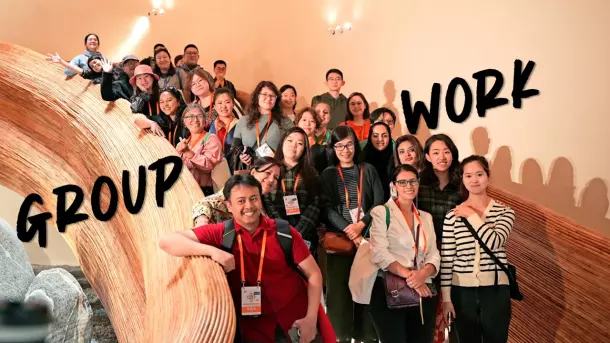
The workshop integrated an on-site investigation to Dao Ming Bamboo Village, Chongzhou City, where the participants observed and communicated with local communities on their bamboo weaving techniques, target customers, the business models and marketing. All participants also had an opportunity to witness a great diversity of our world’s living heritage presented at the opening ceremony of the 8th Chengdu International ICH Festival. They were also introduced to China’s legal framework and safeguarding practices through participating in the Forum ‘Retrospection and Prospection of the 20 years implementation of the 2003 Convention for the Safeguarding of the Intangible Cultural Heritage’, organized by CRIHAP.







